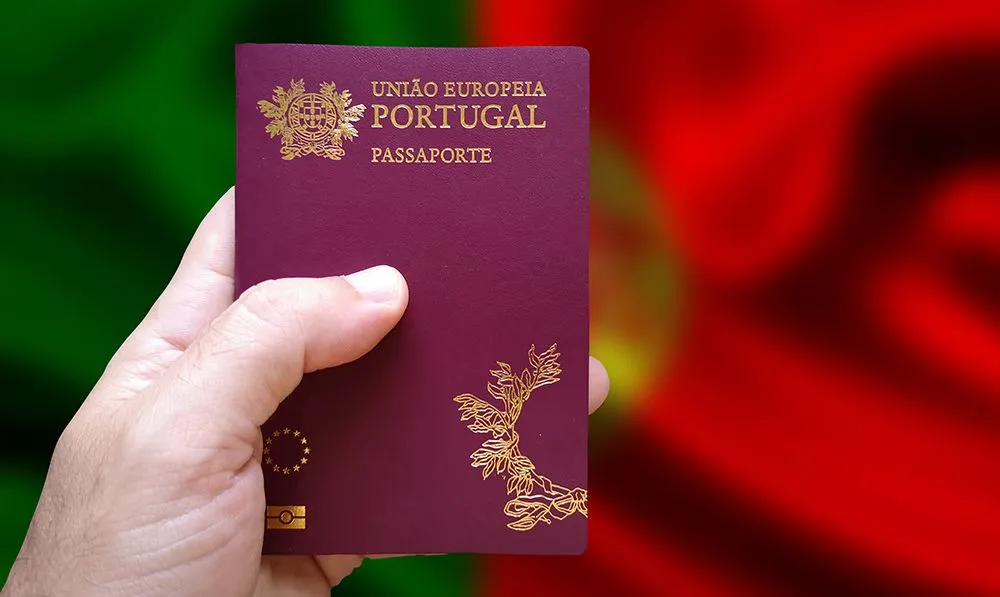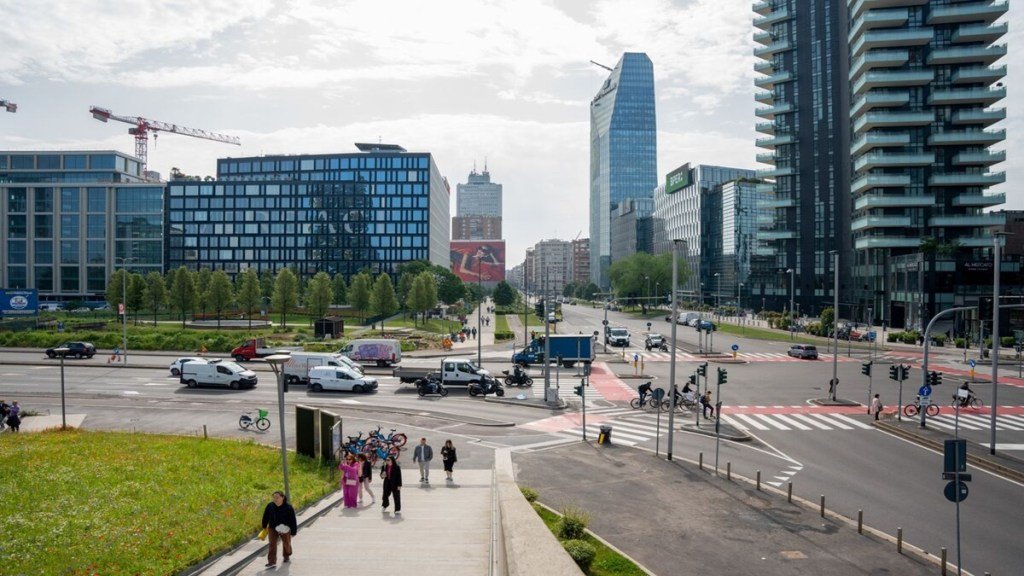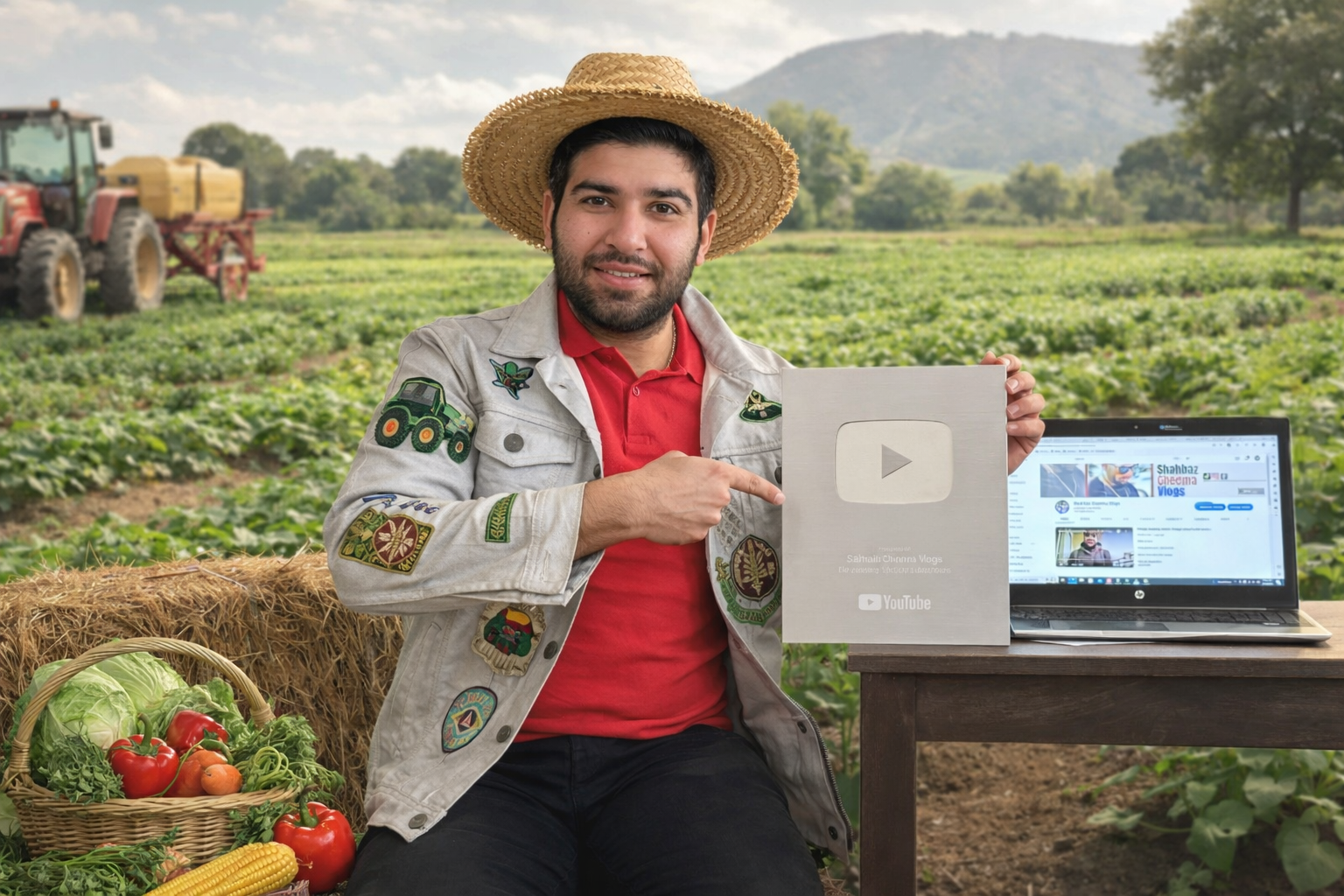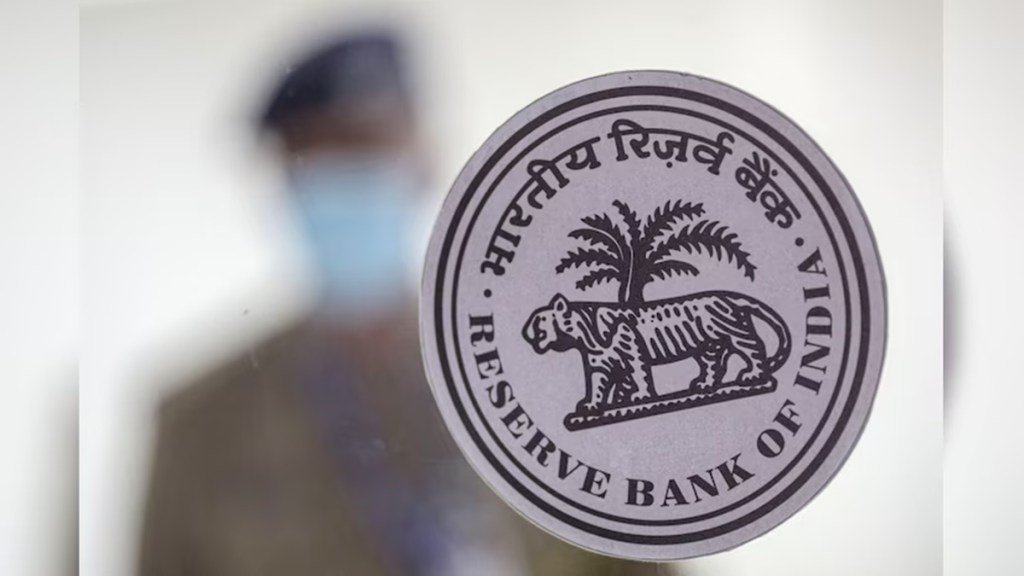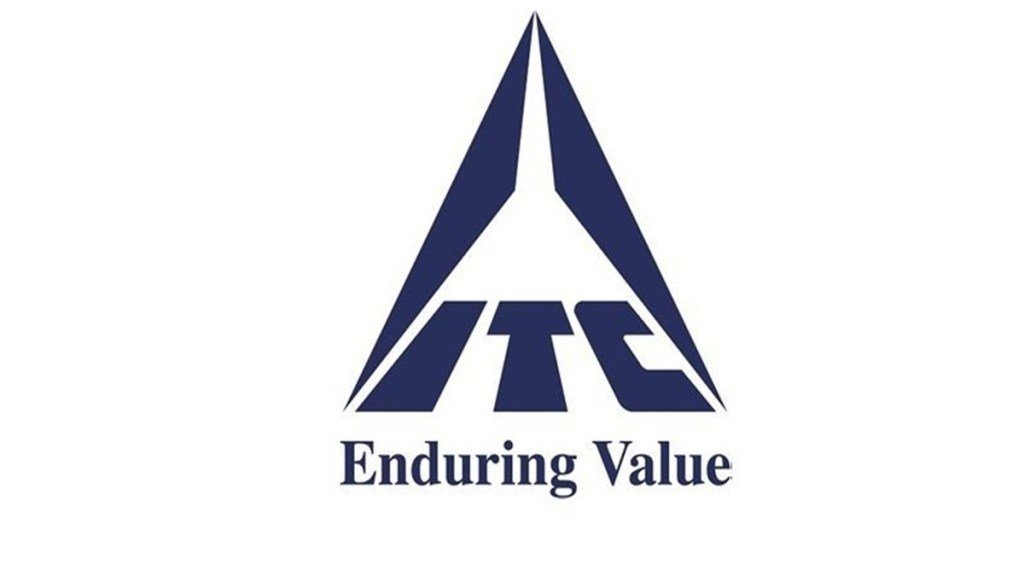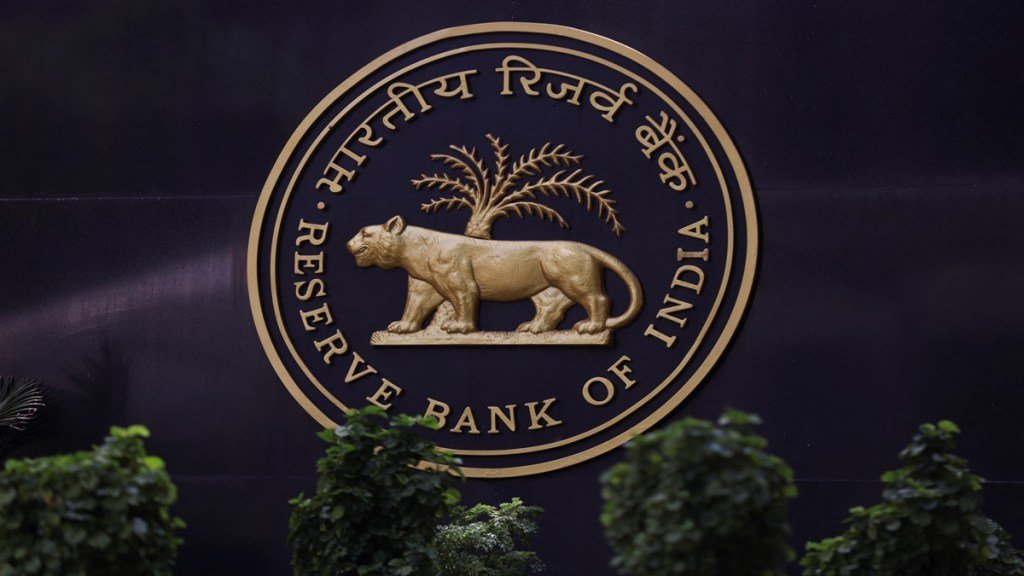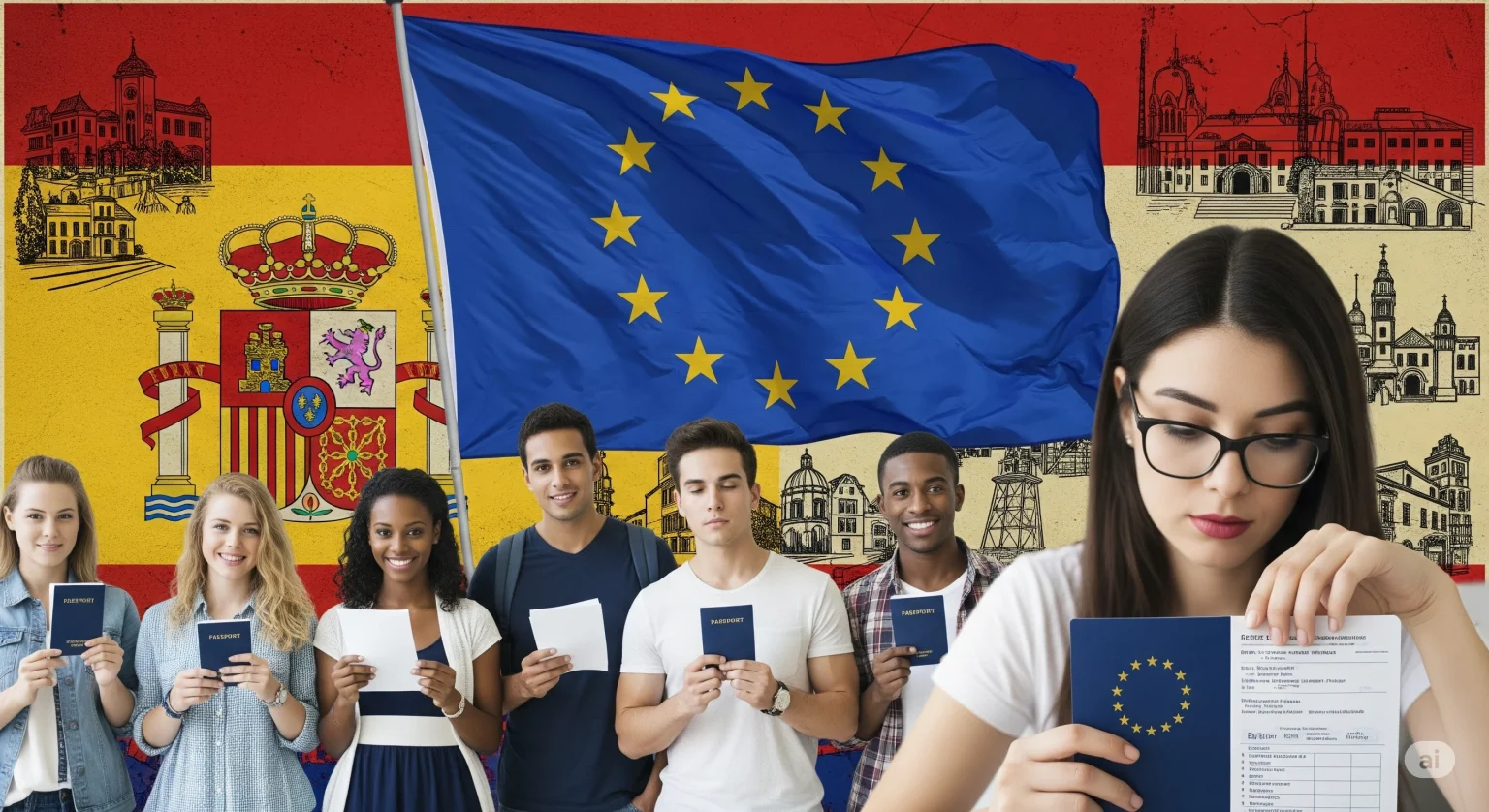
If you’re planning to study in Spain from 2025 onward, it’s important to know that the student visa process has changed due to new immigration regulations effective May 20, 2025 (RD 1155/2024). These updates affect how and where you apply, what documents are required, and who can accompany you.
From now on, all student visa applications must be submitted through BLS International, which is Spain’s newly designated visa processing service. Changes have also been made to how the Foreigner Identification Number (NIE) and the Foreigner Identity Card (TIE) are issued, and there are clearer rules around bringing family members, as well as stricter guidelines for financial documentation, insurance, and applications for minors.
You’ll need a student visa if you’re planning to stay in Spain for over 90 days for purposes such as university studies (bachelor’s, master’s, or PhD), post-secondary education, exchange programs, volunteering, or non-paid training like Spanish language courses or medical specialization preparation. If your stay is under 90 days, a visa might not be necessary depending on your nationality—though you should still check whether a Schengen visa is needed.
Students enrolled in higher education or specialized medical training can bring their spouse or registered partner, as well as children (including minors or dependents with disabilities). Keep in mind, however, that family members under this visa category aren’t permitted to work in Spain.
Processing a student visa for Spain now typically takes between five to eight weeks. It’s best not to book your travel until your visa has been officially approved.
When applying, you’ll need several documents: a completed and signed visa application form, a recent passport photo, a valid passport with at least two blank pages, and a letter of acceptance from a Spanish educational institution. This letter must be in Spanish, state the program name and institution’s details, confirm full-time enrollment of at least 20 hours per week, and show proof of tuition payment.
Financial proof is required to demonstrate you can support yourself during your stay. The minimum is €600 per month for the student, plus €450 per month for a spouse and €300 per child. This can be shown through bank statements, scholarship awards, or notarized letters of financial sponsorship with supporting evidence.
You also need a health insurance policy from a provider approved in Spain. It must cover at least €30,000 in medical care with no deductibles, co-pays, or waiting periods, and the policy must be in Spanish.
If your stay exceeds 180 days, you must submit a criminal background check (FBI fingerprint-based, apostilled, and translated into Spanish) and a medical certificate verifying that you’re free of diseases listed by the World Health Organization. This certificate should also be in Spanish or in a bilingual format, and signed by a doctor.
Additional documentation includes a copy of your U.S. state ID or driver’s license. If you’re not a U.S. citizen, a copy of your visa or green card is required and must be notarized. The visa fee must be paid by money order made out to the Consulate General of Spain. The amount is $160 for U.S. citizens and $104 for many other nationalities, though there are exceptions for specific countries.
Minors must provide their birth certificate, parental or guardian consent, and documentation proving legal custody. For family members, you’ll need marriage or birth certificates (apostilled and translated), and individual health and criminal records as well.
If you’re under 18, you must also include signed parental authorization and responsibility declarations from your parents and your host in Spain. If your visa is granted for more than six months, you’ll be required to apply for a TIE (Foreigner Identity Card) within one month of arriving in Spain. This card is essential for accessing services like healthcare and banking. Your NIE number should appear on your visa sticker; if not, contact the consulate to confirm it has been issued.
When you submit your application, Spanish law allows up to one month for a decision. However, delays can occur if interviews are scheduled or more information is requested. If your visa is denied, you can file a reconsideration appeal within a month of the rejection. If that fails, you may also bring the case before the High Court of Justice of Madrid within two months of the denial.


